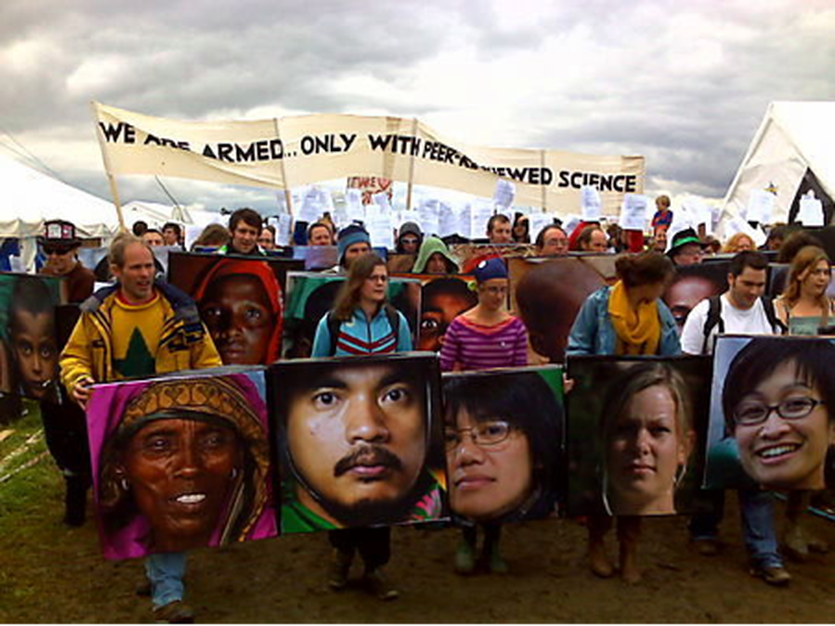|
Dr. Teresa C. Ashe, Independent Researcher. Climate Change: Discourses of Making and Unmaking is a book that interests itself in the role of climate scepticism in climate change politics, developing a history of the science, politics and policy of climate change, which allows us to consider how climate change came to have the meaning it now has and how this meaning has been changed and challenged.
The first section of the book examines early understandings of climate and climatic change, considering how the idea of anthropogenic global warming emerged as a response to the idea of Ice Ages. It looks at the social and technical factors that conditioned when and how this theory became convincing and to whom. The book then looks at how this theory was framed politically in the US, so as to garner adherents, researchers, funding and insitutionalised research programs. This section explains the shift away from seeing climate research as a step towards Cold War weather control and shows how it became an ‘environmental’ issue. Finally, the book considers how climate change was problematized and placed on the policy agenda and the subsequent attempts to create an international regime to address the problem. It focusses particularly on the role of the Intergovernmental Panel on Climate Change (IPCC) as an epistemic community for the creation and functioning of the UN Framework Convention on Climate Change (UNFCCC). Underpinning this project is an interest in how heterodox and orthodox discourses of environmental politics emerge. The research looks particularly at American environmental scepticism and at the role of ‘climate scepticism’ in climate change politics, which works to undermine the idea that policy need me made at all. The book argues that a discursive understanding of environmental politics best recognises the presence of both orthodox and heterodox epistemic communities, while foregrounding the relationship between power and knowledge as it underpins environmental politics.
56 Comments
|
Archives
August 2021
Categories |


 RSS Feed
RSS Feed